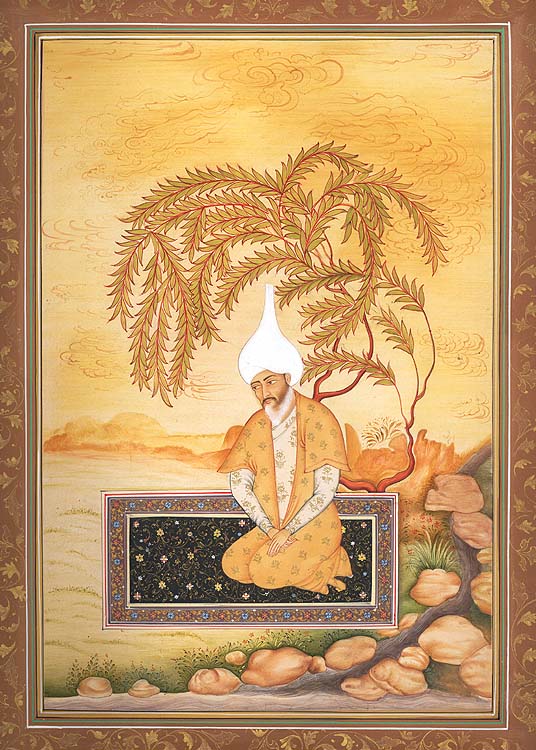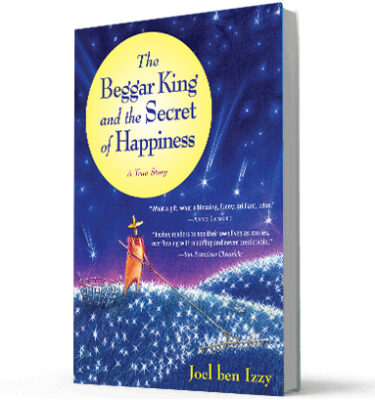
2017 was a banner year for hatred in America.
The election at the end of 2016 seemed to lift a large rock from America’s psyche, causing haters that had largely been hiding beneath to slither out into daylight. Emboldened by leadership that signaled approval with winks, nods and dog-whistles, they took to the streets. Hate crimes spiked. Confederate flags flew. Nazis marched.
It was the worst of America on parade.
This is not a new story. Time and again throughout history, leaders have arisen, drunk in pursuit of their own wealth and power. They pick fights, call names, and pit people against one another, jettisoning truth and decency, harnessing instead intolerance and ignorance.
Thus they fan the flames of fear, and hatred fills the air.
That all this is happening in America is no longer a surprise. What is surprising, to me at least, is just how pervasive this hatred has become – especially among those of us who are not usually hateful. Like most storytellers, I am hard-wired for optimism. I make a point of seeing the best in people, often to a fault. Yet over this past year, I spent more time hating than any other year in my life. Not just hating. Detesting. Despising. Loathing. Abhorring. I ran out of words for it in my thesaurus.
These feelings grew daily as I read the news, as though watching a series of horrific automobile accidents from which I could not look away. And I’m pretty sure I am not the only one who felt that way.
But spending one’s days filled with hatred is no way to live. Not wanting more of the same for 2018, I have been sifting through stories that might reframe all this. The one I’ve found is a Sufi tale, from the mystical branch of Islam, which seems fitting, as Muslims are one of the groups that have been targeted by haters. As a Jew, I feel compelled to speak out against that hatred.
Sufis tell teaching tales, which tend to be brief and thought-provoking – you may know stories of Nasrudin, the trickster, who will be the subject of an upcoming blog. This story, however, is a modern tale about a dervish. I believe it is by the wonderful writer Idries Shah, although I have not been able find it in any of his books. If anyone knows the source, I would appreciate you letting me know, and I’ll amend this post. It’s called “The Patient Dervish.”

The Patient Dervish
There was once a dervish who sat at the side of a road, meditating.
So deeply engrossed was he that he did not see a young prince riding by, seated upon a throne high atop an elephant, surrounded by his royal retinue. Seeking to have some fun, the prince pointed to the dervish. He then picked up a can and hurled it, hitting him squarely in the back.
The prince and his entourage laughed and continued onward. But the dervish jumped up and called out to him.
“Your highness!” he said. “May you find true fulfillment and genuine happiness!”
A bystander approached the dervish.
“Are you alright?” he asked.
“Yes,” said the dervish.
“I saw the whole thing!” said the man. “He threw a can at you for no reason! And yet you blessed him, wishing upon him true fulfillment and genuine happiness! Was this meant in irony, because his soul is so corrupt?”
“No,” said the dervish. “It was not.”
“Then perhaps,” said the man, “it was because you knew he could never have these things, and thus your blessing to him was really a curse?”
“No,” said the dervish. “It was not that either.”
“Then why?” asked the man. “I do not understand.”
“Gentle student,” said the dervish. “Perhaps it has not occurred to you, but if someone had true fulfillment and genuine happiness, they would have no need to throw cans at dervishes sitting on the side of the road.”

In 2018, then, let us resolve not to descend into hatred. Nor can we simply chase haters back under their rock. Perhaps, instead, we can find compassion and create solutions for their plight, even as we take their weapons away. And, difficult though it may be, let us extend this compassion to cold-hearted princes riding atop elephants, even as we work together to remove them from their thrones.

If you enjoyed this story, consider passing it on to a friend. You might also like Joel’s other blog posts, including “Finding Light in the Darkness.”



